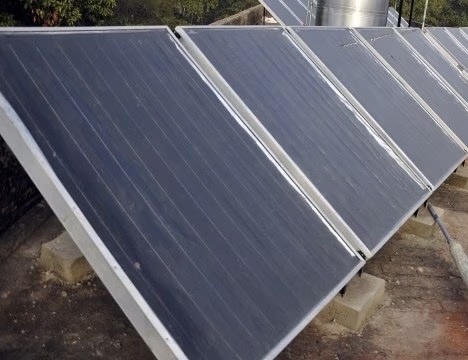Prime Minister Narendra Modi made a groundbreaking announcement on Monday (January 22) with the introduction of the ‘Pradhan Mantri Suryodaya Yojana.’ This government initiative aims to provide rooftop solar power systems to one crore households, addressing the critical need for sustainable energy solutions in India.

While this new scheme marks a fresh commitment to advancing solar energy adoption, it is not the first of its kind. In 2014, the government launched the Rooftop Solar Programme, aspiring to achieve a cumulative installed capacity of 40,000 megawatts (MW) or 40 gigawatts (GW) by 2022. However, facing challenges in meeting this ambitious target, the government extended the deadline to 2026.
The Pradhan Mantri Suryodaya Yojana now emerges as a renewed effort to propel the country towards its goal of achieving 40 GW rooftop solar capacity. This initiative holds significant importance in the context of India’s energy landscape, emphasizing the nation’s commitment to harnessing solar power as a sustainable and clean energy source.
As the government continues its push for solar energy adoption, the Pradhan Mantri Suryodaya Yojana aims to bridge the gap and expedite the realization of India’s rooftop solar capacity targets. This initiative not only addresses the challenges faced in the past but also underscores the importance of solar energy in India’s quest for a greener and more sustainable future.










